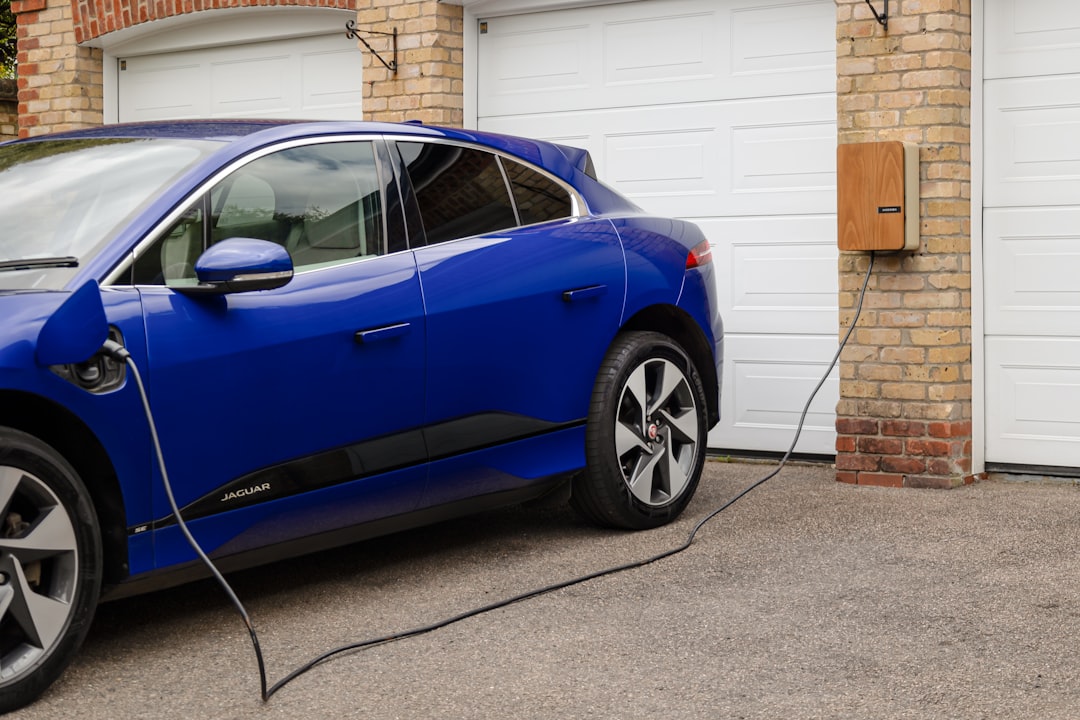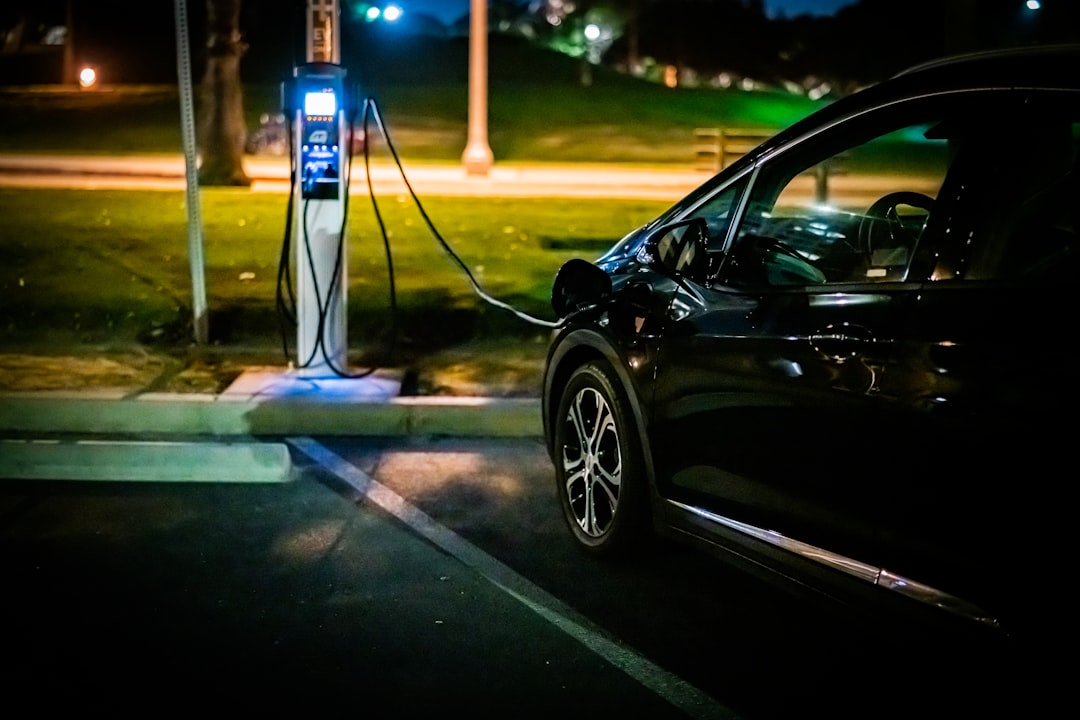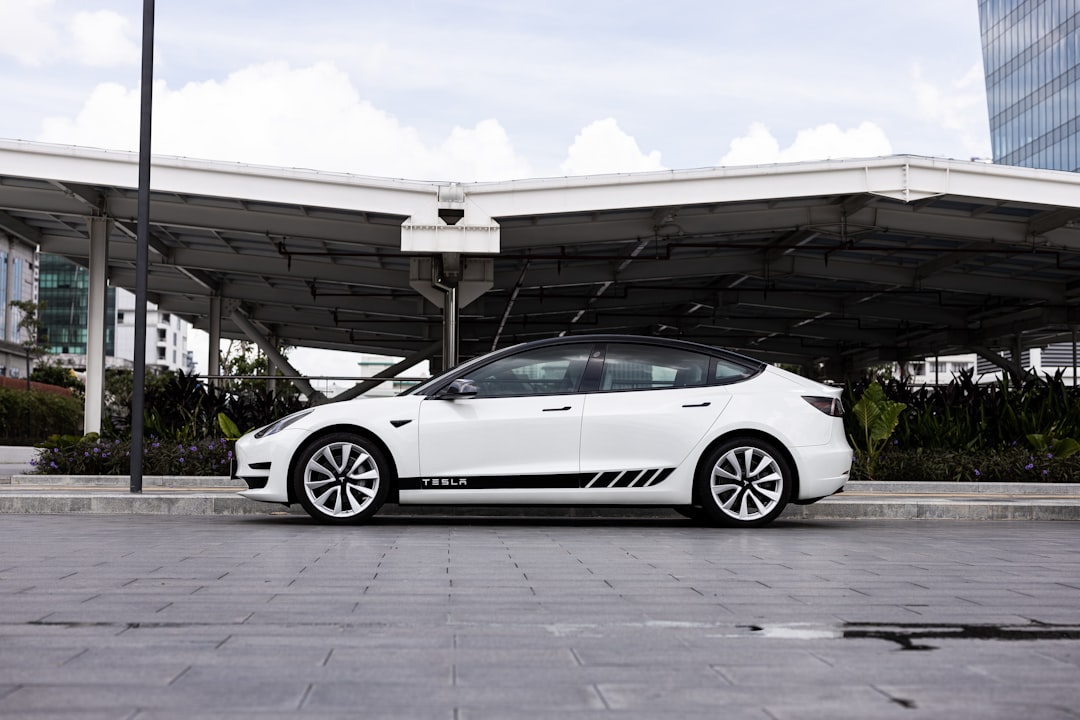The Changing Landscape of Electric Vehicles: What’s Been Canceled and Why
The electric vehicle (EV) revolution has been gaining momentum for years, but recent shifts in economic policy and manufacturing have led to surprising cancellations from some of the biggest names in the automotive industry. Let’s dive into the reasons behind these cancellations and what it means for the future of EVs.
Economic Policies and Manufacturing Challenges

As much as we want to believe that the shift to electric vehicles is inevitable, the reality is a bit more complicated. Economic policies, such as fluctuating tariffs and supply chain disruptions caused by global events, have led many automakers to rethink their upcoming launches.
For instance, several companies have cited increased costs of raw materials and production as reasons for scrapping plans for new EV models. This comes at a time when consumers are becoming more environmentally conscious and eager to embrace electric alternatives.
The Canceled Models: A List

Here’s a quick rundown of some of the notable electric vehicle models that have been canceled:
- Ford’s Electric SUV: Initially set to compete with the likes of Tesla, Ford has put its plans for this model on hold due to financial constraints.
- Chevrolet’s EV Truck: This ambitious project was scrapped amidst concerns over production costs and market viability.
- Volkswagen’s ID. Buzz: Originally seen as a retro revival, this model has faced delays and eventual cancellation due to supply chain issues.
Consumer Demand vs. Corporate Reality

Despite the growing consumer demand for electric vehicles, the reality is that automakers are facing a perfect storm of challenges. From semiconductor shortages to increased competition and the need for massive investments in infrastructure, the hurdles are significant.
Furthermore, many companies are realizing that transitioning too quickly to electric models without a solid foundation can lead to financial instability. This has led to a more cautious approach, with some automakers opting to refine existing models rather than push forward with new launches.
What’s Next for the EV Market?
While it’s disappointing to see these cancellations, it’s essential to recognize that the electric vehicle market is still very much alive. Many automakers are adapting their strategies, focusing on hybrid models or improving the technology in existing EVs.
Moreover, government incentives and a growing emphasis on sustainable practices are likely to drive innovations in the long run. As infrastructure improves and technology advances, we can expect a resurgence in electric vehicle offerings.
Conclusion
The landscape of electric vehicles is shifting, and while some models have fallen by the wayside, the future remains bright for EV enthusiasts. By understanding the factors at play, consumers can stay informed and ready to embrace the next wave of electric innovation.